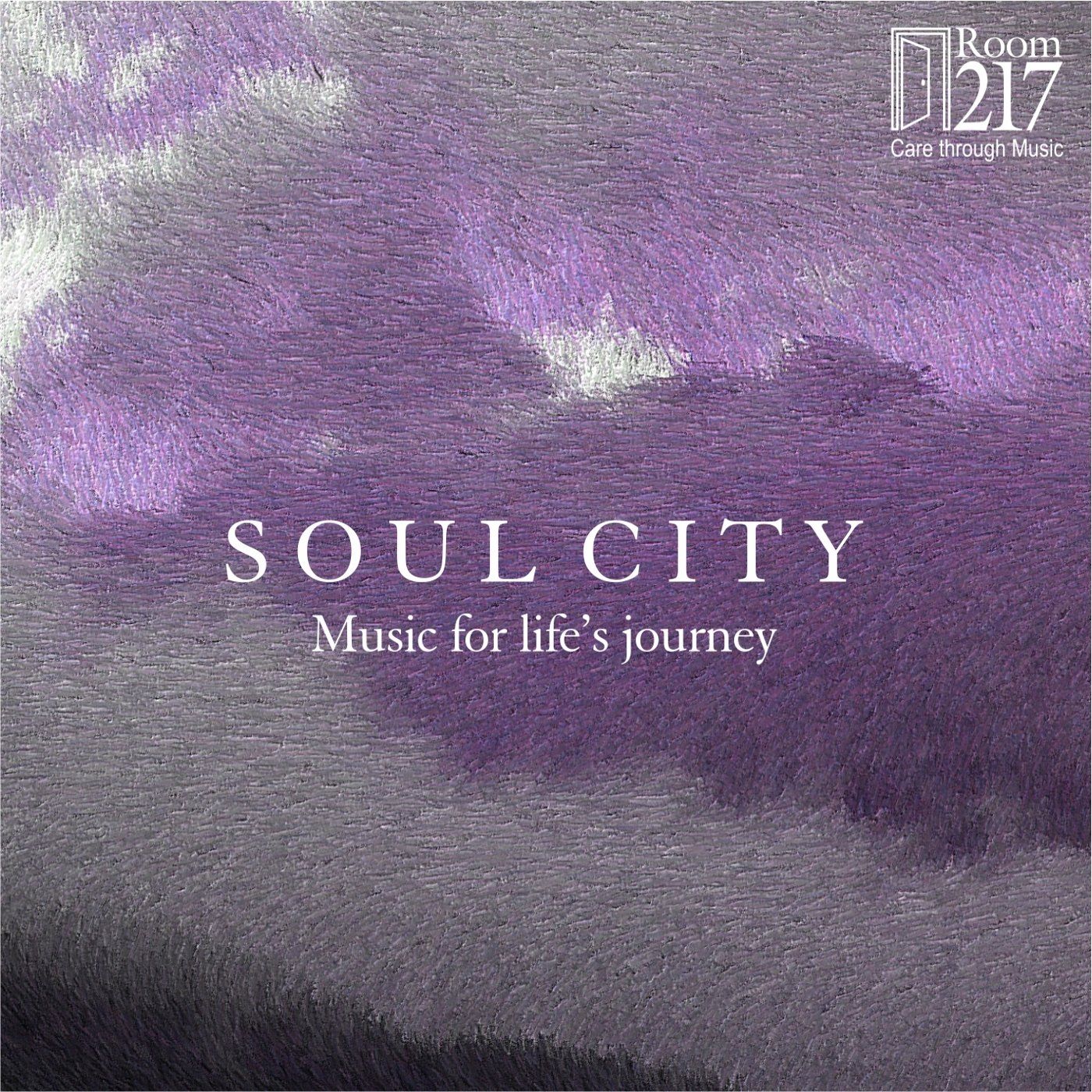Secular hymn Hallelujah among world’s most popular and recorded songs
As explained in this blog post Not Afraid
album, the intent behind the Not Afraid album was not to tell people in hospice palliative care that they needn't be afraid; it was to let them know there are people who love them and are sharing the journey.
One of the iconic songs on the album is Hallelujah , perhaps the best known piece of Leonard Cohen's music. The song has an interesting history; it was released on Side 2 of his Various Positions album in 1984, but was not a hit. In fact, his label didn't even distribute the albumin the U.S. It was not until Welsh singer John Cale recorded a version for a Cohen tribute album that the song was noticed. The Cale version inspired Jeff Buckley to record a version , which caused the song's popularity to skyrocket. Rolling Stone magazine has named Buckley's version number 264 on the 500 Greatest Songs of All Time .
This story from The Conversation claims there are now more than 300 versions of Hallelujah, recorded by performers from around the world, in multiple languages. The fact that Hallelujah has been part of movies and television shows means that the song is constantly being introduced to legions of new listeners. There was a huge increase in the song's popularity when the Cale version was included in the film Shrek (although Rufus Wainwright 's version is included in the soundtrack album).
After Cohen's death in 2016, the song experienced renewed interest, and it was entered into American Billboard's Hot 100 for the first time . Cohen wrote about 80 verses to the song, so different versions will contain different combinations of verses.
The song is almost 40 years old, but pop culture means the song keeps being introduced to newer, younger audiences. It is performed regularly on television talent shows, was sung at the Hope for Haiti fundraising concert, has been arranged for orchestra, was part of Jack Layton's state funeral, as performed at the 11 September Memorial Concert in 2011.
Why does this song resonate with so many people? What's it even about?
The song contains biblical references, including King David and Bathsheba, and Samson and Delilah. It is considered by many to be a secular hymn ; a non-religious popular song that has elements in common with religious music. Professor Steve Thomsen says criteria for secular hymns include transcending generations, is about redemption or deliverance, has spiritual overtones, includes metaphors referring to up and down or light and dark, its meaning transcends initial purpose, and has been used as a backdrop for important life events. Richard Wilson believes secular hymns are written as anthems with a positive theme that shine a spotlight on life's difficulties.
I love this article , and its explanation of how Hallelujah mixes religion and sex, covers lust and forbidden love, offers hope in a cruel world, AND talks about the difficulties the album encountered getting released in the U.S., and the competition the 50-year-old Cohen faced in artists like Prince, Madonna and Michael Jackson.
This version by kd lang was performed in 2006 when Cohen was inducted into the Canadian Songwriters Hall of Fame. It's my favourite of all performances, and even Cohen and his partner Anjani Thomas were wowed at her rendition, calling the song "done to its ultimate blissful state of perfection".
Cohen has said Hallelujah is meant for those times when we can "reconcile and embrace the whole mess" (world and life conflicts) and that the song "is a desire to affirm my faith in life, not in some formal religious way but with enthusiasm, with emotion."
In these time of COVID-19, living socially distanced or isolated from our friends and loved ones, this is as good a time as any to be grateful for life, and sing a Hallelujah.
Not Afraid is part of Collection 4 - Boomer Tracks. This collection of six albums is designed for use in hospice palliative care, and contains music of the '50s, '60s and '70s.











